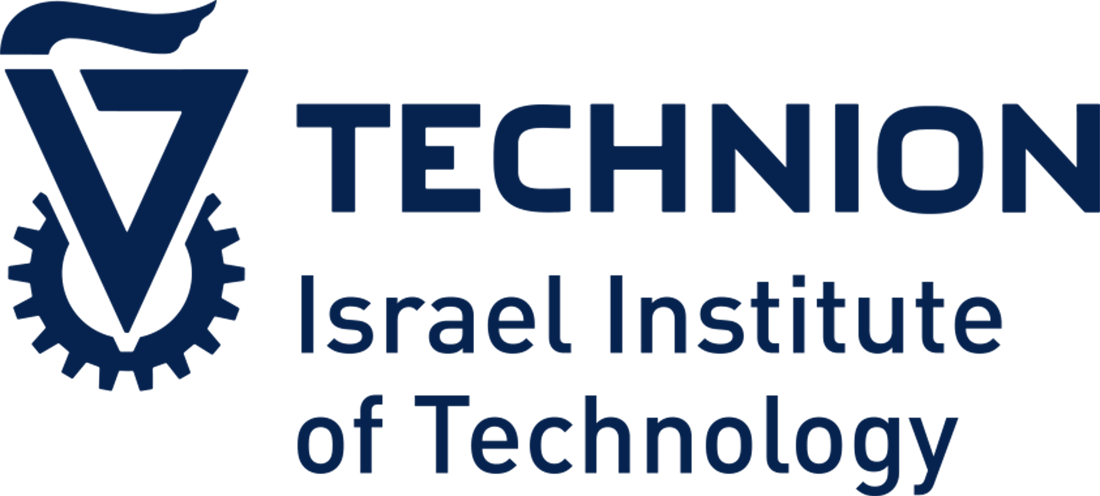One student, enrolled in the Information Systems program, expressed her immense pride in the development of her team’s groundbreaking system. “The moment I realized that our system would be a literal lifesaver was the proudest moment of the entire project,” she shared. Developed in collaboration with the Technion’s Social Innovation Lab, this innovative system is designed to identify suitable bone marrow donors for patients by analyzing blood and saliva samples. This project, undertaken for the “Rock4Life” organization, represents a significant breakthrough in the field, addressing a critical challenge in finding compatible donors for bone marrow transplants. By leveraging deep learning algorithms, this system has the potential to dramatically impact the lives of patients suffering from serious illnesses. By significantly reducing waiting times for suitable donors, countless lives can be saved and the quality of life for many more patients can be improved. The system’s effectiveness is already being demonstrated in the field.
This collaborative effort, led by Dr. Hanan Cohen and Dr. Niba Vengrovich from the Technion’s Faculty of Data and Decision Sciences, and the Social Innovation Lab, provided students with a supportive and encouraging environment for developing impactful social projects. The lab connected students with social organizations and offered additional resources. This support was instrumental to the project’s success and serves as an excellent example of collaboration between academia and the community.
The story of the system developed for “Rock4Life” is just one of many examples of the talent and creativity of students in the Information Systems program at the Technion’s Faculty of Data and Decision Sciences. At the annual poster conference, students showcased a wide range of innovative projects that combine advanced technology with social responsibility. Other projects included a smart system for managing and adopting dogs, a system for the “Beshevili Haifa” organization, which promotes the integration of nature into the urban environment, a system for monitoring shark and fish populations to aid in marine biodiversity conservation, and systems with learning algorithms to help find suitable job search ads. “The ability to be not only a technologist but also a product person, someone who understands the customer and their needs and the needs of their environment, is a very important skill in the toolkit of our faculty graduates,” praised the dean of the faculty, Prof. Ran Samorodinksy. He expressed his pride in seeing students develop innovative technological solutions to complex social problems and emphasized the importance of the Social Innovation Lab in supporting these projects.
These projects are proof that the younger generation of developers in Israel is a generation of innovators and changemakers. We are proud of our students and confident that they will continue to develop groundbreaking technological solutions that will benefit society.

